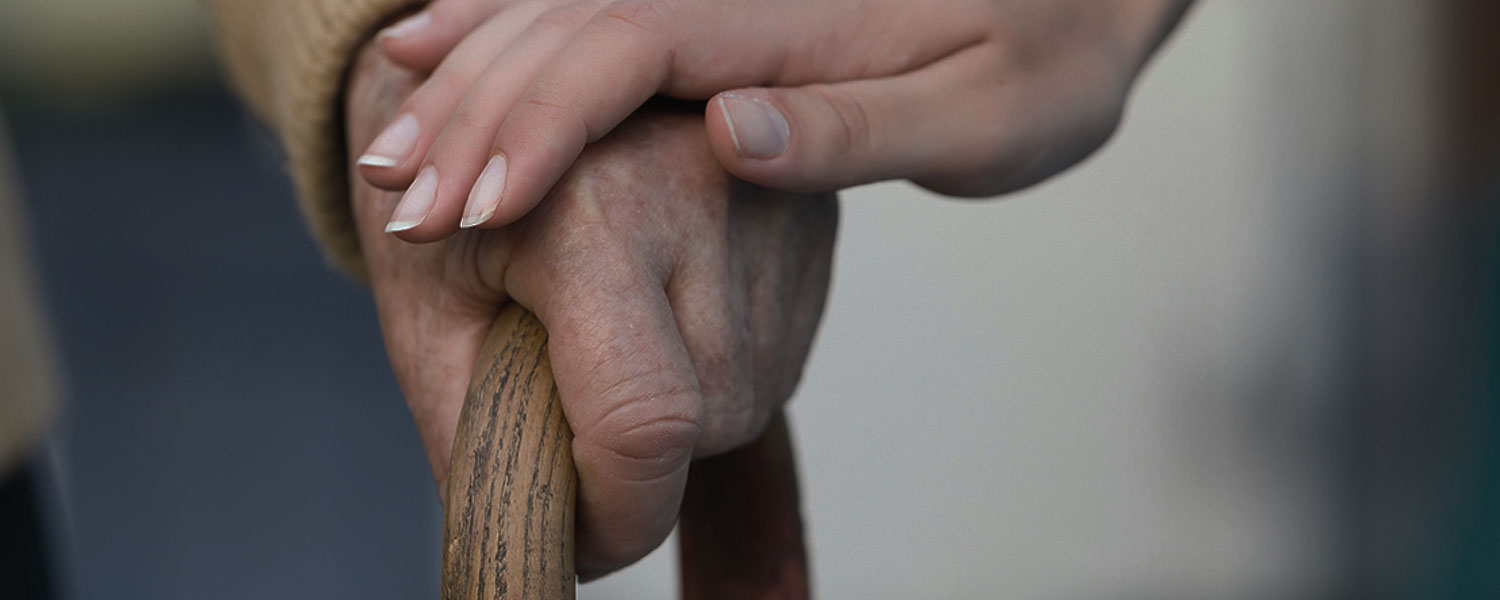Filing a Lawsuit against a Nursing Home
When a nursing home resident has been seriously injured due to abuse and neglect, a lawsuit may be necessary. If a resident has suffered pain, incurred medical costs, undergone surgery, and been permanently injured and had their life shortened, courts can award significant damage awards to compensate the victim and to punish the wrongdoer. Sometimes, you are left with no choice but to file a lawsuit. This is where we come in.
 I am Andy Arnold. Since 1999, I have represented about a hundred families in nursing home abuse cases. Representing individuals who cannot speak for themselves, who cannot protect themselves, who are among the most vulnerable in our society is a great responsibility and a great honor. Family members feel this responsibility, and picking a skilled and experienced lawyer is part of fulfilling that responsibility. My team knows what to look for and are on the lookout for the tricks and tactics of nursing homes trying to escape responsibility. And, when I find neglect and abuse, we get after it.
I am Andy Arnold. Since 1999, I have represented about a hundred families in nursing home abuse cases. Representing individuals who cannot speak for themselves, who cannot protect themselves, who are among the most vulnerable in our society is a great responsibility and a great honor. Family members feel this responsibility, and picking a skilled and experienced lawyer is part of fulfilling that responsibility. My team knows what to look for and are on the lookout for the tricks and tactics of nursing homes trying to escape responsibility. And, when I find neglect and abuse, we get after it.
If you need help fighting nursing home abuse and neglect, contact me by completing the form to the right or calling my law office at 864.233.4351. We offer free consultations.
Reporting Mistreatment
First, abuse or neglect that is an immediate threat to a loved one’s health should be immediately reported by calling 911. If emergency treatment is not required or has already been given, then talk to your loved one. She may be reluctant or embarrassed, but encourage her to be open. Unfortunately, as you know, nursing home residents are often unreliable sources of information due to their mental or physical challenges. So it’s often up to you to look for signs of abuse or neglect—physical, psychological, financial, or sexual—and document everything you see.
The good news is that there are many layers of legal protection for residents of nursing homes and other long-term care facilities. Both the Federal Nursing Home Reform Law of 1987 and the South Carolina Bill of Rights for Residents of Long-Term Care Nursing Homes work together to ensure that nursing home residents are legally protected from abuse and neglect. The law is on the side of the victims, as long as your attorney knows the law. If you need a South Carolina nursing home abuse lawyer, talk to experienced attorney Andy Arnold.
South Carolina Law
It is a crime in South Carolina to abuse or neglect any vulnerable adult, such as a resident in a nursing home. The South Carolina Ombudsman Office is charged with investigating any and all allegations of nursing home abuse. Individuals or companies can be charged with abuse by state law enforcement or individuals – which means you can file charges against a particular staff member or an entire facility, based on your complaint
South Carolina law also provides remedies for victims of abuse or neglect. Residents or their families are entitled to compensation for wrongful medical bills, pain and suffering, wrongful death, and physical injuries suffered at the hands of nursing home staff.
Federal Law
Federal laws require nursing homes to protect the rights of their residents and also control access to Medicare and Medicaid programs. In order to qualify for funding from these programs, nursing homes must exhibit several different qualities, including:
- Accommodation of needs
- Providing activities
- Individual care plans for each resident
- Choice of physician and the ability for residents to participate in their own care
- Maintenance of residents’ dignity
- The exercise of all rights
- Ability to voice grievances without fear of reprisal
- And many more
If these qualities are not being met by your nursing home or long-term care facility, you may have a legal case against it.




